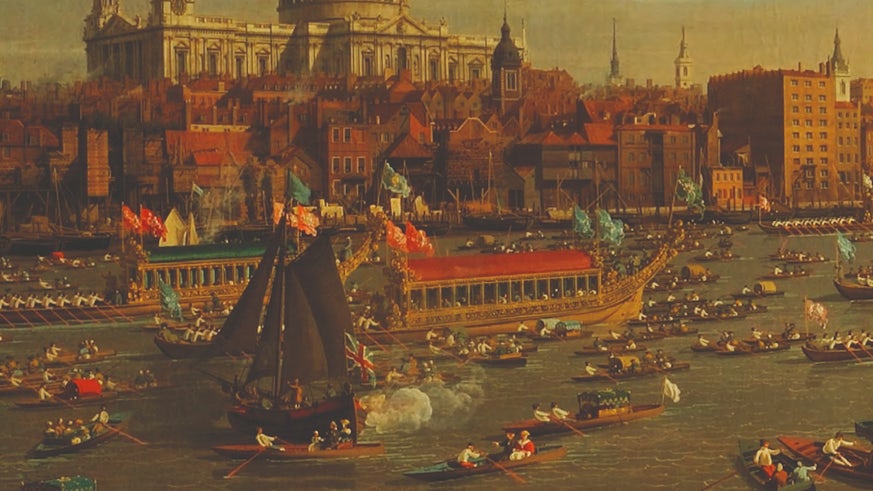Enlightenment England - Can a society be tolerant without being secular?
17 February 2020

First book by Cardiff historian gives a new take on England in the wake of the bloody religious wars of 17th century Europe.
New thinking from a Cardiff historian is revealing how writers in the age of England’s Enlightenment argued for toleration and religious pluralism without separating church from state, introducing the new concept of a civil religion.
In his innovative book Civil Religion and the Enlightenment in England, 1707-1800 historian Dr Ashley Walsh reveals how leading thinkers sought to transform the Church of England into a civil religion – a public faith administered by the state that preached the virtues of toleration and sociability.
The philosophers David Hume and the third earl of Shaftesbury, historian Edward Gibbon and churchman William Warburton, Bishop of Gloucester, were among many to argue that Christianity could be a civil religion, argues Dr Walsh.
Despite the claim of the philosopher Jean-Jacques Rousseau that Christians were priest-ridden and intolerant, these writers hoped to model their civil religion on the examples of Jesus Christ and the apostles as well as the civil religion of the ancient Roman republic.
For these writers, it was necessary for everyone to support the Church of England as the national religion even if they didn’t agree with its teachings. In return, the Church of England would support a religiously plural society. Outward observance of the Protestant faith was key to belonging to the Christian commonwealth of Hanoverian England, the period from George I to Queen Victoria that would become known for its relative stability.
Uncovering a major theme in eighteenth-century intellectual and religious history that connected classical Rome with Italian Renaissance humanism and the Enlightenment, this interdisciplinary study draws from recent post-secular trends in social and political theory.
Combining intellectual history with the political and ecclesiastical history of the Church of England, Dr Walsh explains: “My work challenges our tendency to assume that religious toleration and religious pluralism depends on a process of secularisation – the separation of church from state and the removal of religion from politics. Although we associate the Enlightenment with these grand ideas, my book reveals an alternative way to build civil society by harnessing the church-state relationship forged during the Reformation. My research also helps us to think about why societies like England still have established churches and their role in a multifaith society today.”
Lecturer in Early Modern History Dr Ashley Walsh is particularly interested in the intellectual, religious and political history of the seventeenth and eighteenth centuries in Britain and Europe and the history of political thought.
Civil Religion and the Enlightenment in England is published by Boydell and Brewer. For more on the author on this topic, read this blog.
